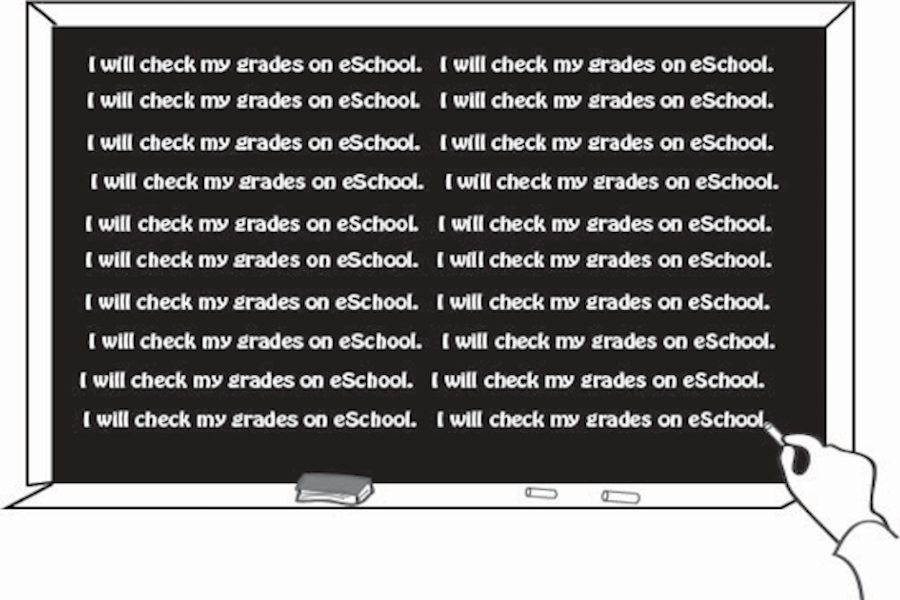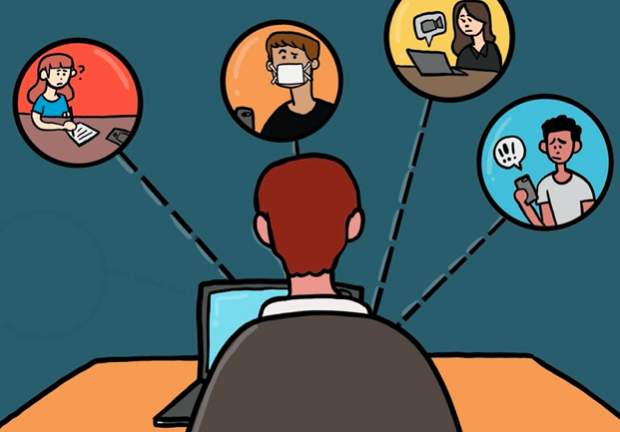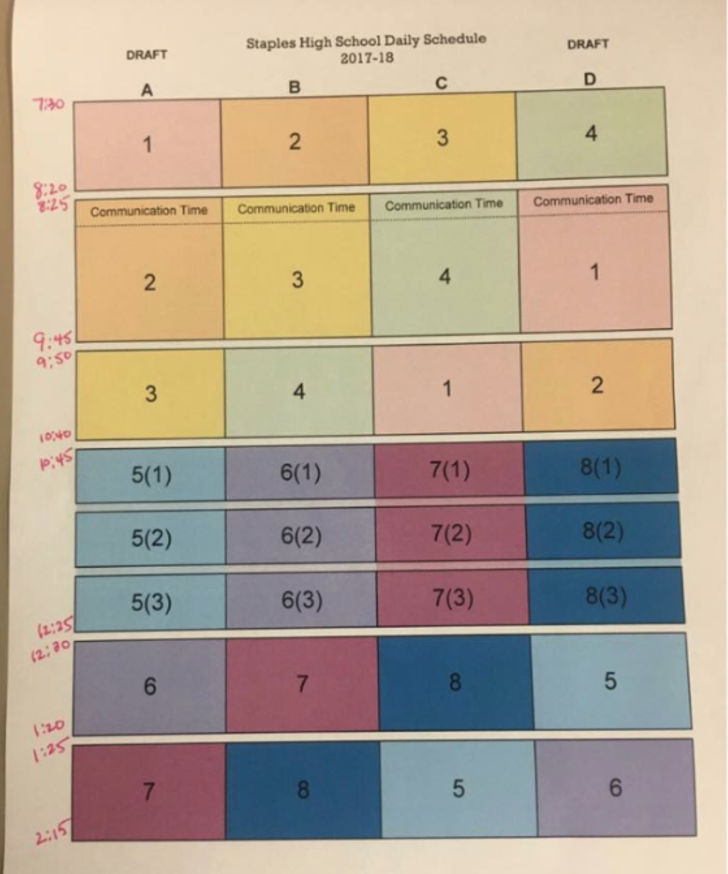On Feb. 15, 2011, Staples aired “Race to Nowhere,” a movie that drives one point home:
Stop freaking out about grades.
The next fall, AP U.S. History was offered for the first time to sophomores.
Something’s not right here.
Just a few months ago, the administration told teachers that in January they will have to publish numerical grades on eSchool, an online gradebook. This was decided, it should be noted, with minimal, if any, input from students, teachers, or parents.
We’re a little worried. We think that giving students and parents the ability to monitor grades will exacerbate the already GPA-obsessed culture omnipresent within these halls.
The other day, a runner on the girls’ cross-country team noticed her physics grades had been posted online. Cut to a scene change: the entire team left practice to grab phones and check for grades, too.
Obsessing over grades sucks the learning out of school. It means many of us learn to get a grade, rather than learn for the sake of learning. When we measure our averages down to three decimal places, we become accountants, not students.
Staples praises creative learning and critical thinking, posing three essential questions that flash in blue type in front of the main entrance:
What are we learning? How are we learning? Why are we learning?
Why, then, would the school choose to implement something that so obviously prioritizes grades over learning?
Quite frankly, it’s a bit hypocritical.
One day, the administration tells us to stop worrying about grades and to focus on learning itself. The next day, we’re encouraged to define ourselves as numbers.
We get it—we’re some of the biggest culprits. We check our grades almost as much as we check Facebook.
And we know that for some, checking grades can be motivational. Access to eSchool could clear up some of the mystery that surrounds grading. Seemingly random grades could be explained clearly in the form of specific numbers.
But not all classes are created equal. Online grading may work well in the average math or science class, where grades are based solely on test scores. But it won’t work in the average English or social studies class, where there are gray areas, and rightly so.
There’s no doubt that Staples strives for academic excellence and isn’t afraid to show it. We don’t rank students, but we have both a GPA-based National Honor Society and High Honors Dinner. However, even the good academic intentions behind these practices are often clouded by the over-competitive drive of our community.
The other day, we overheard a disturbing comment.
“Whenever I’m feeling down about my grades, I look up Norwalk Community College on Naviance.”
What’s gotten us to this state of mind? We need to separate learning from grades, and eSchool access won’t cure our GPA-obsessed culture.
It’ll just bury us deeper within the hysteria.
















































![[Nov. 2016 Editorial] Battling bystander effect requires administrative change](https://www.inklingsnews.com/wp-content/uploads/2016/11/Screen-Shot-2016-11-22-at-1.05.28-PM.png)


